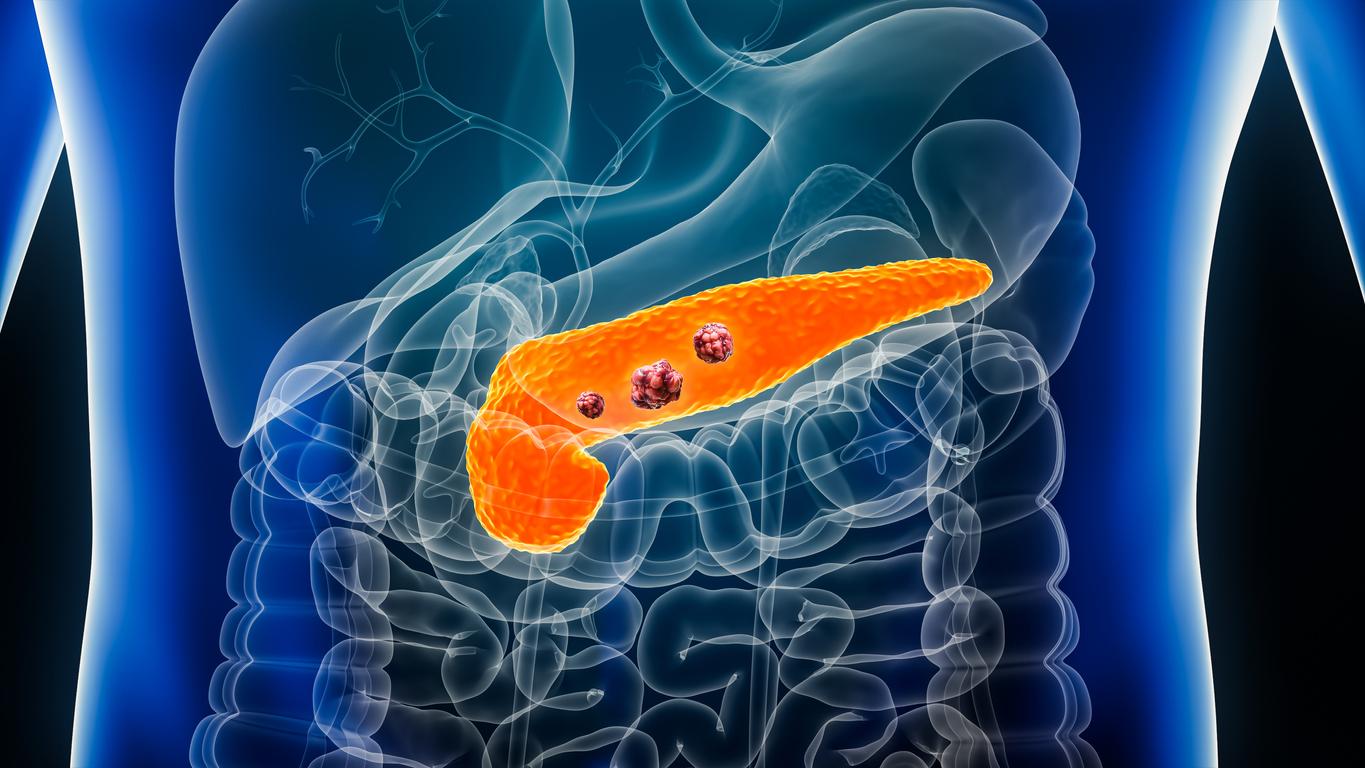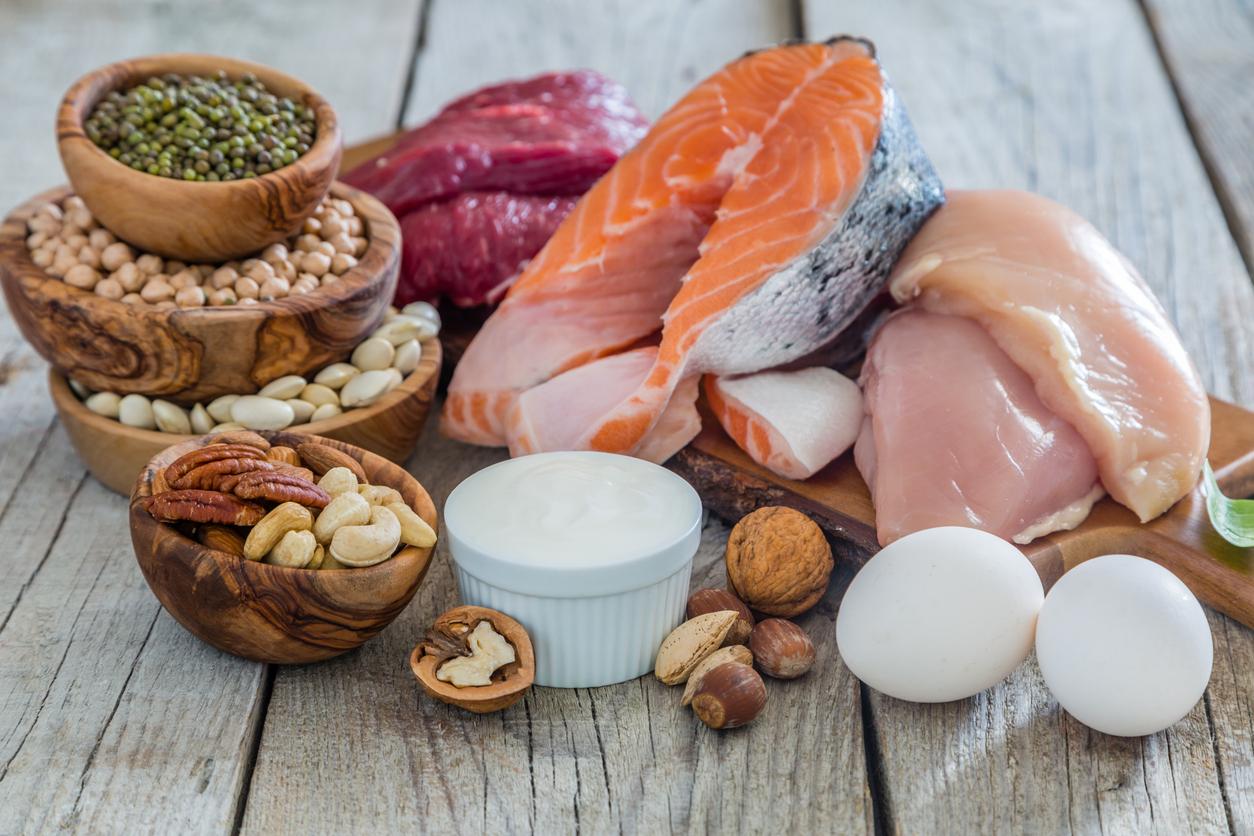You’ve probably heard that sugar is bad for your health. But do you know why? And above all, what are the risks for your body if you consume too much of it?

- Added sugars, found in many processed foods, are a major source of empty calories. Excessive consumption of them is linked to many health problems, such as obesity, type 2 diabetes and cardiovascular disease.
- To reduce health risks, it is essential to limit your consumption of added sugars. This involves reading labels, choosing fresh and natural foods, and reducing sugary drinks.
- By eating a balanced diet rich in fruits, vegetables, whole grains and low in added sugars, you improve your overall health and reduce your risk of many diseases.
Added sugars are those that are added to foods and drinks during their manufacture. They are found in sodas, industrial fruit juices, candies, cakes, processed industrial products, etc. They are often hidden under more or less complex names on labels: glucose, fructose, sucrose, glucose-fructose syrup, etc.
Why are added sugars a problem?
Excessive consumption of added sugars is associated with many health problems:
- Obesity: Sugary drinks and foods high in sugar provide lots of calories but few nutrients, so they promote weight gain and obesity.
- Type 2 Diabetes: Excessive sugar consumption can lead to resistance to insulin, a hormone that helps regulate blood sugar levels. In the long term, this can lead to the development of type 2 diabetes.
- Cardiovascular disease: Added sugars are linked to increased levels of triglycerides (blood fats) and decreased levels of “good” cholesterol. These factors increase the risk of cardiovascular diseases such as coronary heart disease and stroke.
- Other health problems: Sugar can also promote tooth decay, increase the risk of developing certain cancers and accelerate cellular aging.
Added sugars are hiding everywhere!
It’s important to understand that added sugars aren’t just in candy and soda. They’re present in many foods we eat every day, often without our knowledge:
- Processed industrial products: sauces, prepared meals, soups, flavored yogurts, etc.
- Cereal products: industrial breads, breakfast cereals, energy bars, etc.
- Dairy products: flavored yogurts, dairy desserts, etc.
To maintain your health, it is important to limit your intake of added sugars. Here are some tips:
- Read labels: Before purchasing a product, carefully read the ingredient list. The shorter the list and the more natural ingredients it contains, the less added sugars there are.
- Choose fresh and natural foods: Prepare your meals yourself with fresh ingredients.
- Limit sugary drinks: Choose water, herbal teas, tea and coffee without sugar.
- Reduce your consumption of processed industrial products: Prefer fresh and natural foods.
- Use natural sweeteners: If you need to sweeten your foods, opt for natural sweeteners like stevia.
- Be careful with dried fruits: Although dried fruits are good for your health, they are often very high in sugars. Consume them in moderation.

The benefits of a less sugary diet
By reducing your intake of added sugars, you can see many health benefits:
- Weight Loss: You will have fewer cravings and feel fuller.
- Improved cardiovascular health: You will reduce your risk of heart disease.
- Better blood sugar control: You will reduce your risk of developing type 2 diabetes.
- More energy: You will feel more energetic and less tired.
- Healthier Skin: Sugar accelerates skin aging. By consuming less of it, you will have brighter skin.
Added sugars are a major source of empty calories that can be detrimental to your health. Reducing your intake of these sugars will go a long way toward better health. Focus on a diet rich in fruits, vegetables, whole grains, and protein for better health.

















